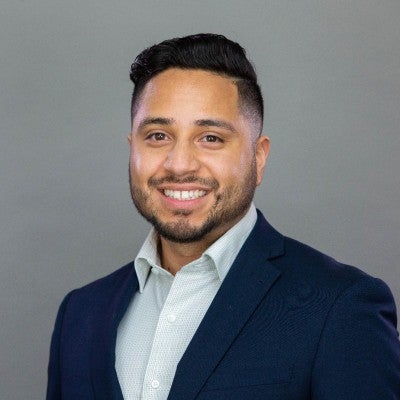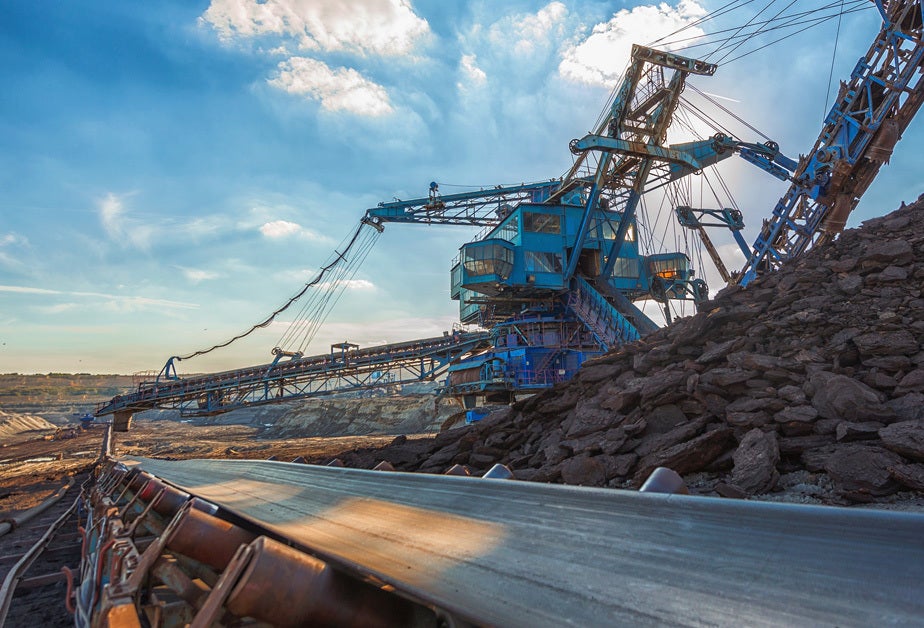The term “conflict minerals” has been synonymous with the U.S. Dodd-Frank Wall Street Reform and Consumer Protection Act since it was passed in 2010. Section 1502 of the act established conflict minerals requirements for publicly-traded companies in the U.S., but its scope was limited in perspective. Now, new drivers of conflict minerals due diligence are emerging, making global conflict minerals a priority for businesses.
Conflict Minerals & EU Regulation
For the past decade, most of the focus on the responsible mining of conflict minerals has been centered on the Democratic Republic of the Congo (DRC) and its adjoining countries, and their supply of the world’s tungsten, tantalum, tin, and gold (3TGs). In late 2020, the European Union (EU) released their list of conflict-affected and high-risk areas (CAHRAs). Under the EU Conflict Minerals Regulation, companies importing 3TGs from regions on the CAHRAs list must take reasonable measures to ensure they are not inadvertently funding armed groups.
As written, the EU Conflict Minerals Regulation only directly applies to between 600 and 1,000 importers, but the indirect impact affects companies around the world. For example, an EU importer finding a reason for concern with their smelter in Myanmar would have obligations to exercise due diligence and report their findings. A U.S. company using the same smelter would have their reputation tied to any findings from the EU company. In short, as more companies look more closely into their mineral supply chains, other companies are obliged to do the same.
The conflict minerals landscape is changing — are you ready? Download our ebook, The Conflict Minerals Handbook, for a comprehensive guide to compliance.
Downstream Influencers
Regulations are no longer the main driver of conflict minerals due diligence. After reports from non-governmental organizations (NGOs) called out companies in the automotive and electronics industries, leaders in those spaces established responsible minerals programs that extend far beyond basic regulatory requirements.
Apple, Intel, and others place strict requirements on their suppliers to show strong due diligence. Simply trying is no longer enough. Now companies are expected to show results in order to win contracts. The Automotive Industry Action Group (AIAG) proactively added cobalt and mica to its conflict minerals working group, and they advocate for due diligence when sourcing minerals beyond 3TGs.
With the official CAHRAs list, these companies will likely adopt the new global perspective to mineral sourcing, requiring their suppliers to execute due diligence activities when sourcing from known conflict regions. This means to stay competitive, companies must be able to acquire meaningful data related to responsible minerals from nearly any supplier.
Investor Pressure
More than ever before, investors are looking at a company’s environmental, social, and governance (ESG) performance as a key indicator for strong investment. Supply chain transparency as it relates to conflict minerals is gaining interest among these circles. The Responsible Minerals Initiative (RMI) — creator of the Conflict Minerals Reporting Template (CMRT) — released an ESG Standard for Mineral Supply Chains in 2021. It establishes new criteria for companies to address in order to achieve ESG excellence.
The documented global scope of conflict-affected areas, industry pressures for enhanced and effective due diligence, and investor preference for companies with strong ESG performance combine to make a clear business case for a global perspective to responsible minerals sourcing.
How Assent Can Help
Assent is the global leader in enhanced conflict minerals due diligence. Our best-in-class software is combined with a dedicated service team to go beyond CMRT submissions and help build robust conflict minerals reports. Smelter outreach provides unparalleled levels of transparency into supply chains, creating a business advantage over competitors that have maintained a status quo approach to sourcing. For more information, contact us today.









